Back to Blog
by Finage at August 9, 2021 5 MIN READ
Technical Guides
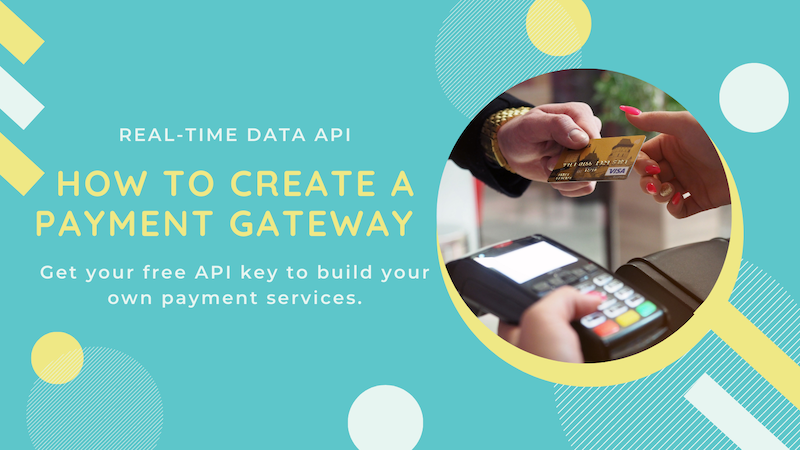
How To Create a Payment Gateway and Become a Payment Service Provider
In today's blog post, we explained all the details about payment gateway, a complex system that enables debit/credit card payments for online and offline merchants.
Table of Contents
How To Create a Payment Gateway and Become a Payment Service Provider
What Is a Payment Gateway?
Why do you need a Custom Gateway?
Payment Gateway and Payment Provider
Who Needs a Custom Gateway?
Pros And Cons of Custom Development
How Much Does It Cost to Become a Payment Service Provider?
If you have an online store, we recommend that you read this article carefully because you need to place a payment gateway to securely process payments. Let's consider developing a payment gateway and also becoming a payment service provider. It is indeed an expensive business. Of course, it has certain advantages. Now let's get down to the details.
What Is a Payment Gateway?
A payment gateway is a highly sophisticated system that enables debit/credit card payments for online and offline merchants. It makes such transactions go smoothly by encrypting confidential data and transferring it between online stores and banks. The store acts as a payment portal and the bank as a payment processor. Thus, the payment gateway provides communication between the three participants of the payment process. It ensures that every transaction runs securely by applying various anti-fraud tools and acting under PCI compliance.
Technically speaking, the payment gateway is a layer above the payment processor. It receives data from the user and routes the payment to the processor in an understandable format, depending on the payment method chosen.
Why do you need a Custom Gateway?
There are many ready-made payment methods that you can easily buy and connect to your store. We've provided a credit card processing comparison chart by reviewing the best payment gateway providers. However, neither of these options will give you full control over the payment process. Also, there will always be points you want to change or add. With these in mind, we decided to share our vision of creating a custom gateway. We list the pros, cons, and lay out of some difficult moments of such a project.
Payment Gateway and Payment Provider
Let us emphasize that it is important to understand the difference between a payment gateway and a payment provider. While the first is software, the second is the ability to use this software in accordance with its purpose.
Therefore, writing a working program doesn't mean you can embed it on your site or sell it to other vendors right away. First, you need to go through the certification process and connect to a payment processor. Remember that creating software is not a difficult task. In contrast, the registration procedure can take months or even years. You can act as a provider only after you have obtained all the necessary permissions.
Who Needs a Custom Gateway?
Types of companies that could benefit greatly from creating a custom gateway include:
- Large traders with high turnover who don't want to be tied to a third-party provider
- Established billing companies that want to change or update their software
- High-growth payment providers needing a more advanced payment processing system
- IT firms aiming to grow their business by acting as a payment service provider
- Acquiring banks that want to develop front-end solutions
Pros And Cons of Custom Development
Pros
Lower fees. With ready-made online payment methods, you are sentenced to crucial fees for every transaction. Also, in most cases you have to pay a registration fee. The solution for this allows you to be your own boss and reduce payment processing costs.
Special features. Even the best global payment processor cannot meet all your expectations. If you look at the list of payment methods, you can see that some do not support multi-currency transactions, some do not work with recurring fees, but some are very expensive. By choosing custom development, you can get exactly the product you want.
Additional income. By owning a payment gateway, you can become a provider yourself. This means you may charge registration fees and transaction fees from other vendors. So, you can think of a new business development method that will help you increase your profits.
Cons
It's development time. With custom gateway development, you spend time on preparation, pure development, testing, and maintenance. It will take longer than integrating an off-the-shelf solution. However, in the long run, you will see the benefit as you will get rid of recurring expenses and get an extra source of income.
Certificate costs. To operate your gateway, you must connect to the payment processor and comply with PCI requirements. Let's be clear; It's a long and slow road. In addition, it requires high costs. If you choose a white-label solution, you avoid such a headache while connecting to the gateway with all the dust settled.
Sole responsibility. As a payment service provider, you are fully responsible for transaction security. You must ensure the protection of cardholder data and minimal risk of fraud.
How Much Does It Cost to Become a Payment Service Provider?
The price of a dedicated gateway is highly variable. We can say that it mainly depends on your preferences and business strategy. Given this, it is impossible to determine an exact total. However, there are costs that you will definitely face. Let's look at these...
- Development costs € 25000 - € 35.000
- Software certificate 15000 €, 15000 €, 10.000 €
- Tokenization tool 42000 € – 85000 €
- Annual PCI audit €22,000 per year
- Integration with banks and processors €4,000 – €13.000 each
Final Thoughts
A private payment gateway is a right choice for stable companies that want to do business by their own rules. By developing the product from scratch, you tailor it to specific needs and have the highest efficiency. Additionally, payment gateway development offers ample opportunities to increase your profits. If you want to sell to other vendors, make sure it's highly secure and easily customizable. The feature set should cover multiple payment processors, a convenient dispute resolution interface, and an easy tool for reporting. We hope that this blog post will be beneficial for you. We will continue to create useful works in order to get inspired by everyone. We are sure that we will achieve splendid things altogether. Keep on following Finage for the best and more.
You can start building your own Payment Gateway Platform with Finage free Market Data API key.
Build with us today!
Featured Posts
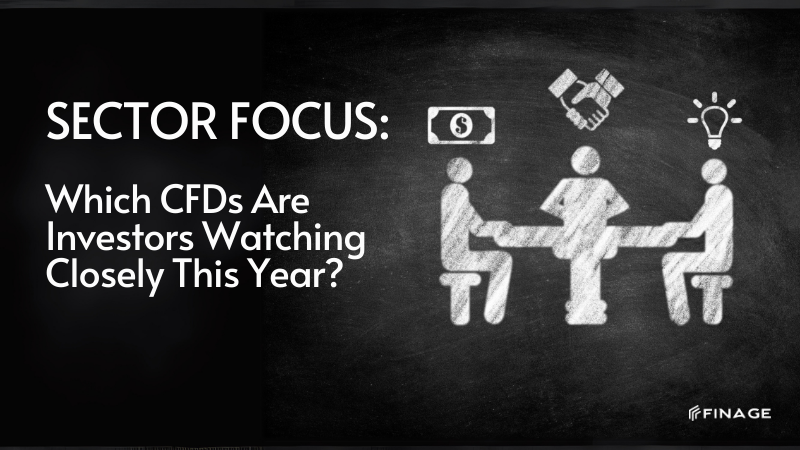
Sector Focus: Which CFDs Are Investors Watching Closely This Year?
April 24, 2024
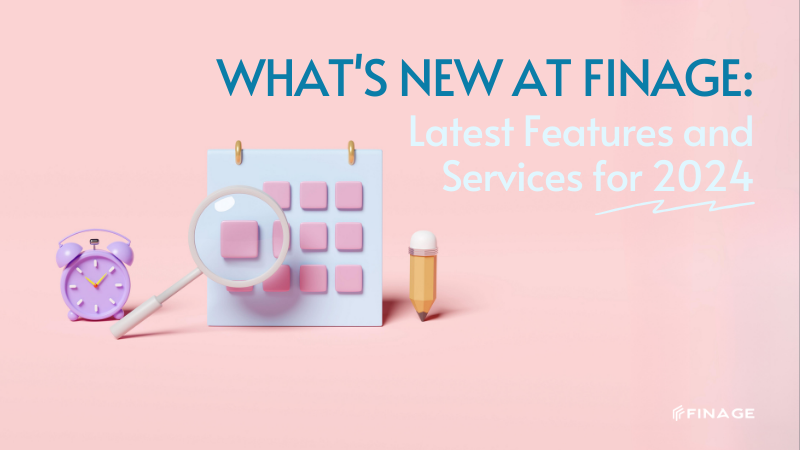
What's New at Finage: Latest Features and Services for 2024
April 23, 2024
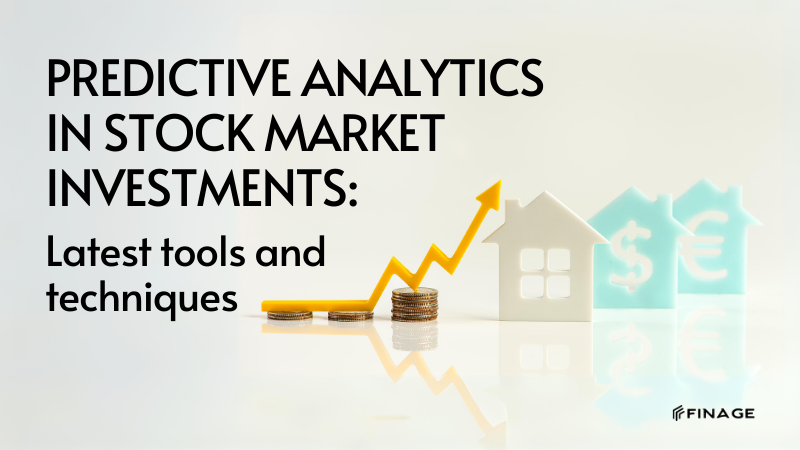
Predictive Analytics in Stock Market Investments: Latest Tools and Techniques
April 22, 2024
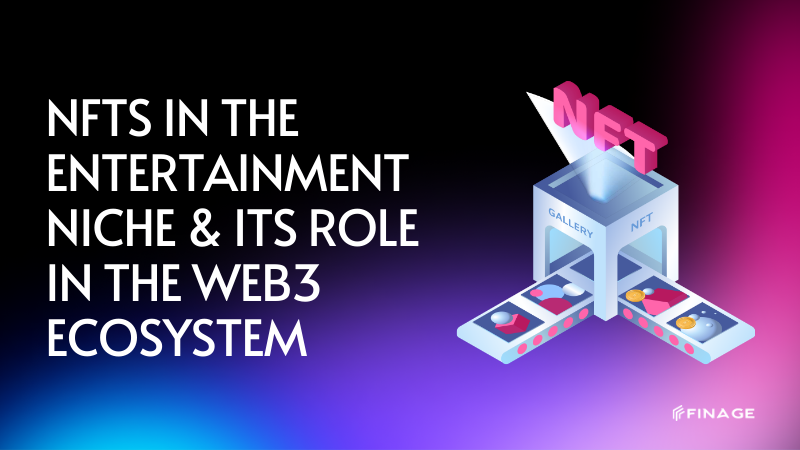
NFTs in the Entertainment Niche & Its Role in the Web3 Ecosystem
April 21, 2024
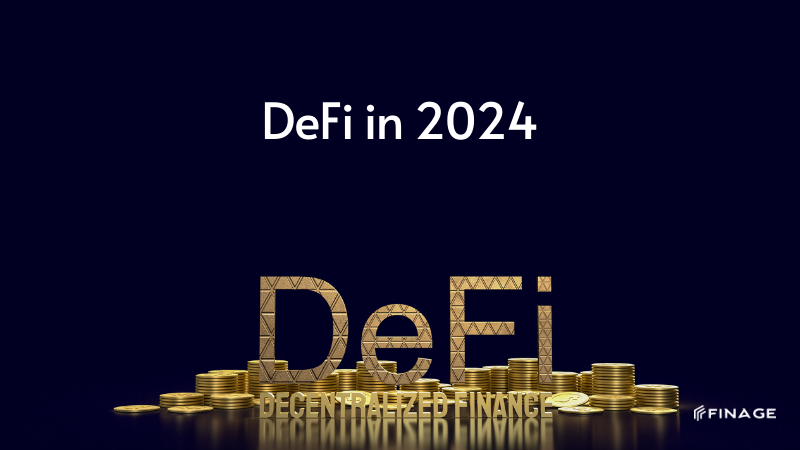
DeFi in 2024: Exploring the Growth & Impact on Traditional Financial Services
April 20, 2024
Categories
Forex
Finage Updates
Stocks
Real-Time Data
Finage News
Crypto
ETFs
Indices
Technical Guides
Financial Statements
Excel Plugin
Web3
Tags
How To Create a Payment Gateway
Become a Payment Service Provider
What Is a Payment Gateway?
Why do you need a Custom Gateway?
Payment Gateway and Payment Provider
Who Needs a Custom Gateway?
Pros And Cons of Custom Development How Much Does It Cost to Become a Payment Service Provider?
Join Us
You can test all data feeds today!
Start Free Trial

If you need more information about data feeds, feel free to ask our team.
Request Consultation
Back to Blog
Please note that all data provided under Finage and on this website, including the prices displayed on the ticker and charts pages, are not necessarily real-time or accurate. They are strictly intended for informational purposes and should not be relied upon for investing or trading decisions. Redistribution of the information displayed on or provided by Finage is strictly prohibited. Please be aware that the data types offered are not sourced directly or indirectly from any exchanges, but rather from over-the-counter, peer-to-peer, and market makers. Therefore, the prices may not be accurate and could differ from the actual market prices. We want to emphasize that we are not liable for any trading or investing losses that you may incur. By using the data, charts, or any related information, you accept all responsibility for any risks involved. Finage will not accept any liability for losses or damages arising from the use of our data or related services. By accessing our website or using our services, all users/visitors are deemed to have accepted these conditions.